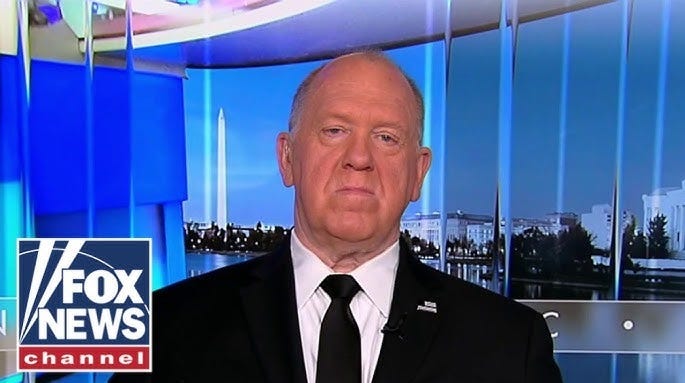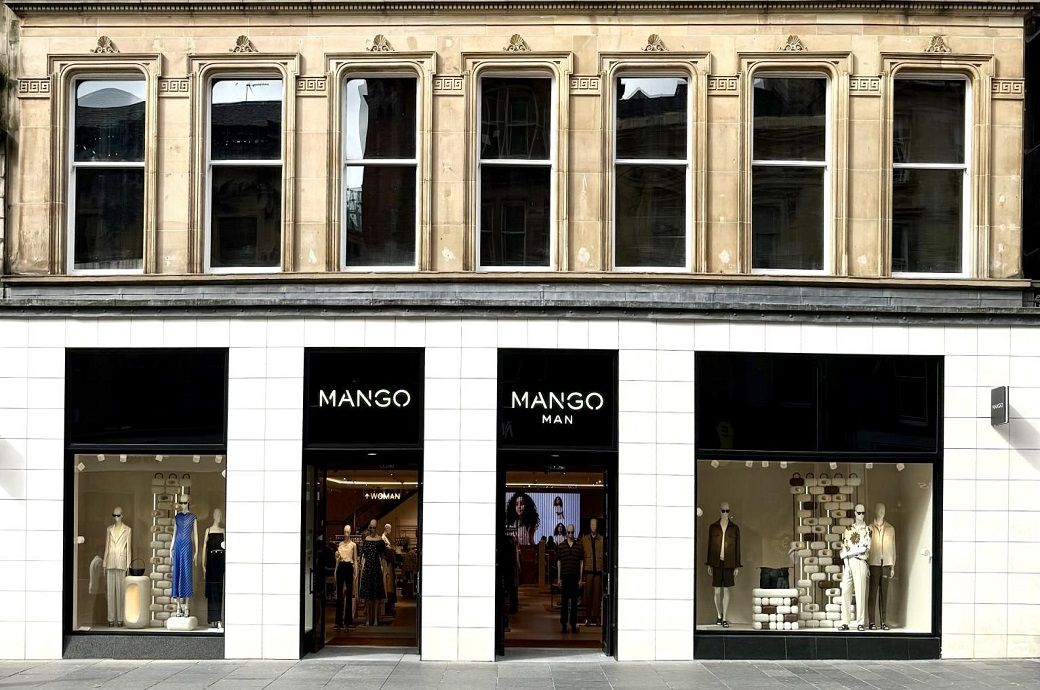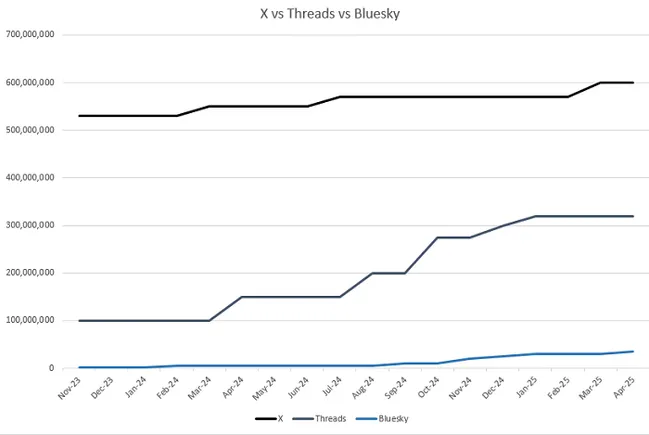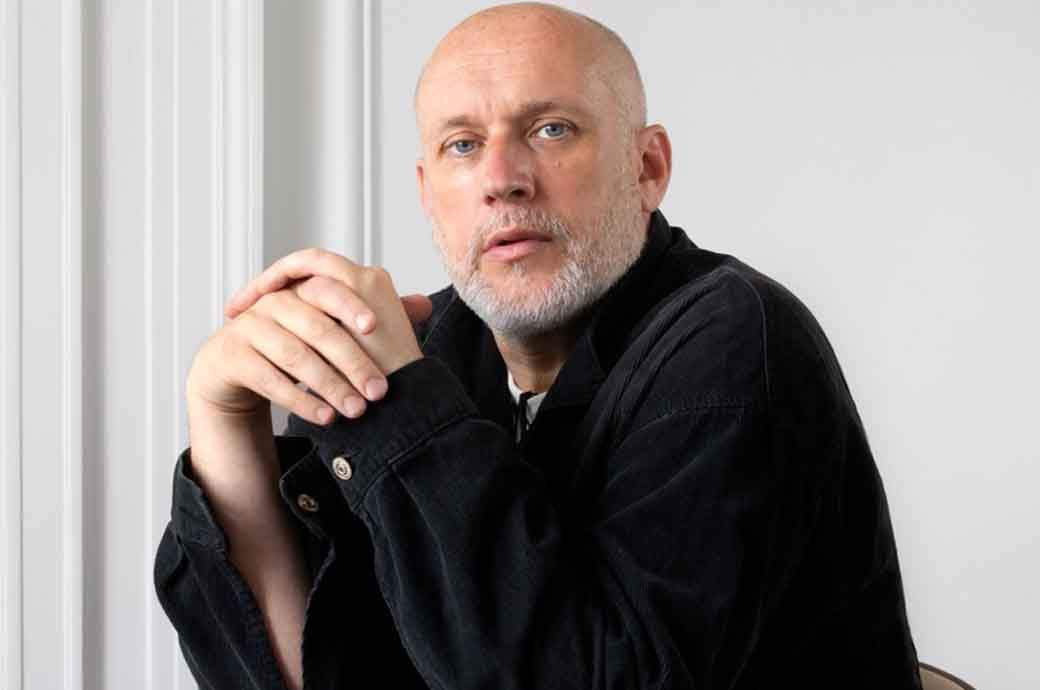
Since the mid-1980s, new homes typically commanded a price premium over existing homes, Howard Hughes Holdings CEO David O’Reilly told CNBC on Wednesday, adding that it has been shrinking over the past several months. Now it’s gone.
“Today’s result said that that’s actually flipped on its head,” he said.
For the month of May, the median sales for a new home price fell 0.9% from a year earlier to $417,400, the Commerce Department said on Wednesday.
By contrast, the median sales price for an existing home jumped 5.8% from a year ago to a fresh record-high of $419,300 in May, the National Association of Realtors said earlier this month. The NAR said that reflected more sales of high-priced properties as well as multiple offers.
That’s as the housing market’s lock-in effect has kept the supply of existing homes tight because homeowners with low mortgage rates are reluctant to give them up and are not selling. But demand has stayed elevated, adding upward pressure on prices.
Meanwhile, the latest quarterly reports from homebuilders showed that average selling prices are coming down, O’Reilly said, citing a shift in the product mix.
“That shows the consumer adjusting to a smaller home, taking less space and trying to get back into that range of affordability,” he said.
O’Reilly, whose heads real estate development and management company also works with builders, has been bullish on the sector, declaring in April that this is the “golden age of homebuilding.”
The reversal in home prices for new homes versus existing homes also comes as the $200,000 starter home is going extinct, making it tougher for first-time buyers to get into the housing market.
“Over the past several years, the number of homes under $200,000 has gone from around half of all sales to less than a quarter of sales in 2023,” Realtor.com said in a report earlier this month, calling the statistic, “stark proof of shrinking affordability across the country.”








































































